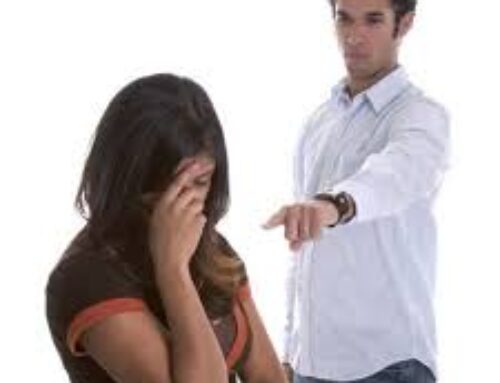How do I respond to a friend who has lost their child or family member?
I recently discovered a little boy who attended the childcare centre I once owned died from cancer. He was only four years old. The last word was he was doing well and hopeful of a complete recovery. The news clearly devastated everyone.
I haven’t had anything to do with the families or business for some months now since selling, but I did know the family. Naturally, the staff who cared for this gorgeous, energetic little man were distraught.
I wonder how many of us have friends or colleagues that lose someone close to them, especially their child? What do we do, what on earth can we say? Should we infringe on them or leave them to mourn the loss?
We often have no idea what the protocol is, especially if you didn’t know the person or family that closely.
When speaking / counselling some of the staff at the centre, many reacted differently. One staff member was so devastated they could not work for a few days while at the other end of the spectrum others were sad but went on with their day accepting they were unable to do anything about this devastation.
What then is the right way to act, should we approach the family or leave them alone for a while? Are flowers and kind words enough? Do we offer support or help and should we go the funeral for this little man, knowing how distressed the family will be?
While there are no right or wrong answers, I wonder what you would feel or expect from friends and colleagues if God forbid, something devastating occurred to your family? Most if us would say they want to be alone for a while to process the loss, while others need the support from those around to help them escape the trauma they feel. It is such a difficult decision choosing what to do for them. We all want to help not hinder so how do we know what we decide is right or not?
Hopefully, not many of us have ever had to experience such a terrible and tragic loss. For those who do know someone that has or is going this trauma, how then do you help and not hinder? What do you do, if anything?
Remember this family or person is devastated, not sick. They need the support and love of everyone around them to help them cope with this loss. Accept they may not quite be ready to get back into normal life or speak about the tragedy. Time permits this later.
If you feel the person is struggling too much or for too long, encourage them to attend counselling to share their story and emotions. This can provide acceptance they may not feel from others as too many well wishers prompt you to get on with life before you may be ready.
If you are aware of someone you know experiencing such a tragedy, avoidance is usually the worst thing. What can help is:
- Send some flowers or write a card expressing your sympathies
- Attend the funeral where you can and personally provide your compassion
- Listen to them without comment, empathy is beneficial
- Bake something for them, a meal for instance, as often they won’t eat
- Shop for some fresh fruit, vegetables, meats as often we seclude ourselves not wanting to go out and face the world. This can be dropped off or delivered to their home with a ‘thinking of you’ card
- They are not sick, they are sad, perhaps lonely; stay in touch every few days even if it is just a few words of concern for them
- When you call them weekly just to check in, ask if they need anything (they often say no)
- Invite them for coffee or lunch to get them out of the house and back into the world
- After some weeks, suggest a new activity or group to get involved with, someone who knows nothing about their life event (you could attend with them)
- When they seem ready, join in speaking about their loved one or child to keep them alive in their memory and heart
It takes time to mourn the loss of someone. This time can be weeks, months or years, sometimes they never fully recover and that’s alright.
Moving on does not mean forgetting. Moving on is not a static process. Grief is a complex multidimensional process with numerous layers. The process is different for most everyone. Simply be there for your friend.
More Blois and Information can be read from Dr Karen






